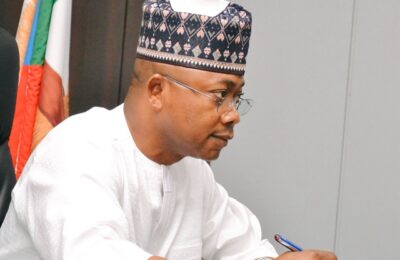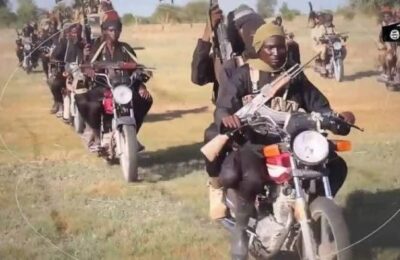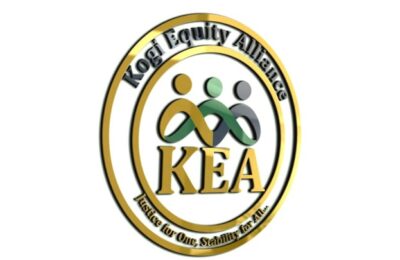Marginalized, misrepresented, and methodically excluded, the Igala people—once a formidable political and cultural bloc in Nigeria—now find themselves relegated to the fringes of national influence. No Igala man or woman occupies any significant position in the upper echelons of federal governance. They are systematically denied a seat at the table where decisions about their future are made. This calculated absence is not an accident—it is the tragic culmination of deliberate political alienation orchestrated by Nigeria’s ruling elite.
At the helm of this exclusion stands President Bola Ahmed Tinubu, widely regarded as the grandmaster of Nigeria’s political mafia—a strategist whose grip on power is unparalleled in the current dispensation. Under his administration, the vast majority of Igala professionals, technocrats, and political actors have been conspicuously ignored in ministerial appointments, federal boards, and strategic national committees. This is not just negligence—it is a deliberate erasure of a people from the map of national relevance.
This erosion of federal representation is the most damning proof of a deeper ailment: the disintegration of Igala identity in the corridors of power. A tribe that once produced towering statesmen, military icons, and diplomatic envoys has become a muted voice, echoing faintly across Nigeria’s political landscape. The center no longer holds, not because the people lack capacity, but because the fire of inclusion has been quenched by systemic sidelining.
The sorrow of an Igala man is not merely emotional—it is existential. His grief transcends personal disappointment and taps into a deeper reservoir of collective anguish. It is the agony of a people watching their historical greatness dissolve into irrelevance. It is the sorrow of watching their ancestral dignity ignored by a regime that trades competence for cronyism.
He remembers Attah Ayegba Om’Idoko not as myth but as a monument—one whose legacy is now mocked by the apathy of national leadership. The Igala man bears the weight of this silence like a crown of thorns—one he neither asked for nor deserves. His land, once a bastion of courage and culture, is now treated as a political afterthought, a zone of strategic neglect.
The Igala man grieves—but not loudly. His sorrow is cloaked in quiet contemplation. He sees how opportunists, both within and outside, exploit his silence as weakness. He watches with muted despair as capable sons and daughters are overlooked in favour of loyalists from elsewhere. He sees elders, who once stood as moral compasses, now silenced by the politics of exclusion.
It is not merely power that has been lost. It is purpose. It is pride. It is the ability to speak and be heard, to stand and not be ignored. The fragmentation is both vertical and horizontal—leaders detached from the grassroots, and the grassroots scattered in disillusionment. Igala unity, once a formidable shield, now lies in tatters.
Yet, in the rubble of political decay, there flickers a fragile hope.
He dares to dream of a new generation—not just with clenched fists, but with open minds. A generation that will trace their lineage back to Inikpi, not for sentiment, but for strength. He prays for a leadership rebirth—not one that mimics the corruption of others but one that recovers the sacredness of service. He yearns for a return—not merely to relevance, but to righteousness.
For the Igala man knows a timeless truth: when a lion forgets his roar, the forest does not hesitate to treat him like a goat. But should that lion remember his name, the forest will shake again with his voice.
– Inah Boniface Ocholi writes from Ayah – Igalamela/Odolu LGA, Kogi state.
+2348152094428 (SMS Only)




